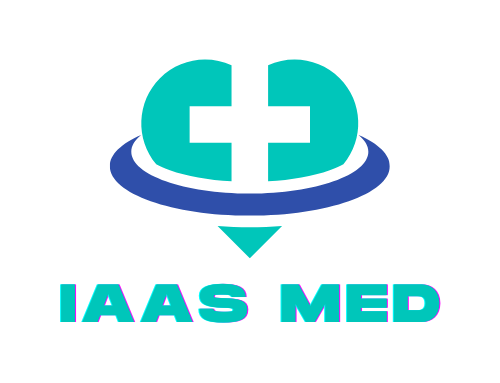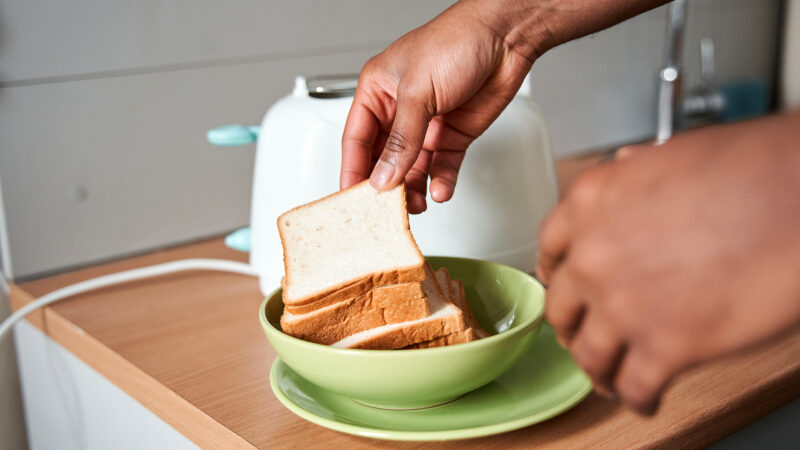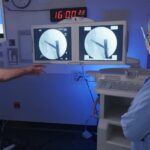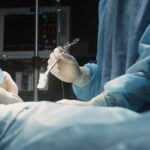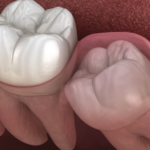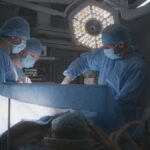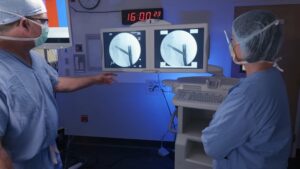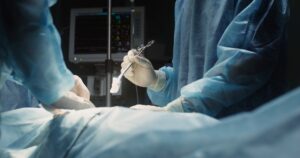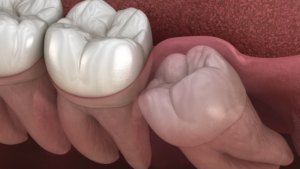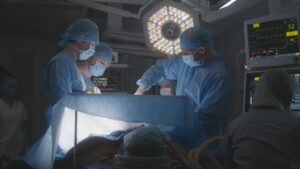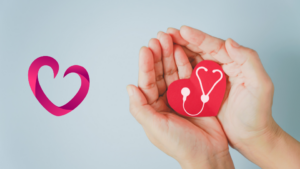Recovering from appendix surgery requires careful attention to your diet to ensure optimal healing. The foods you choose to consume during this period play a vital role in supporting your body’s recovery process.
Starting with easily digestible liquids and gradually introducing nutrient-rich foods can help you regain strength and avoid complications. A balanced diet rich in proteins, vitamins, and fiber not only aids in healing incisions but also helps prevent common post-surgery issues such as constipation.
Following these guidelines ensures your body receives the nourishment it needs for a smooth and successful recovery.
Start with Clear Liquids

Immediately after appendix surgery, your digestive system needs time to adjust. The first step in your dietary recovery involves starting with clear liquids. Clear liquids are easy to digest and help keep you hydrated without putting strain on your stomach or intestines.
Begin with small sips of water, broth, or pulp-free fruit juices. These liquids provide necessary hydration, which is crucial to prevent dehydration, a common issue following surgery. Gradually increase the amount of liquid as your body begins to tolerate it.
Why Clear Liquids Are Important
- Hydration: Maintaining proper hydration is essential for overall recovery, particularly in the initial post-operative phase when your body is healing from the surgical incisions.
- Easy Digestion: Clear liquids do not require much effort from your digestive system, allowing it to rest and recover.
Recommended Clear Liquids
- Water
- Broth (vegetable, chicken, or beef)
- Pulp-free fruit juices (such as apple or cranberry)
- Herbal teas (chamomile or ginger)
Introduce Soft, Bland Food

After successfully tolerating clear liquids, the next step is to introduce soft, bland foods into your diet. These foods are gentle on your digestive system and help prevent any discomfort or digestive issues. Soft, bland foods are easily digested, reducing the risk of nausea or other gastrointestinal problems during your recovery.
Key Benefits of Soft, Bland Food
- Ease of Digestion: These foods are easy to process, putting minimal strain on your recovering digestive system.
- Energy Boost: While bland, these foods still provide essential calories and nutrients needed to support your body’s healing process.
Recommended Soft, Bland Food
- Mashed potatoes
- Plain toast or crackers
- Soft cereals (such as oatmeal or cream of wheat)
- Applesauce
- Well-cooked, soft vegetables (carrots, squash)
- Plain pasta
Protein-Rich Food
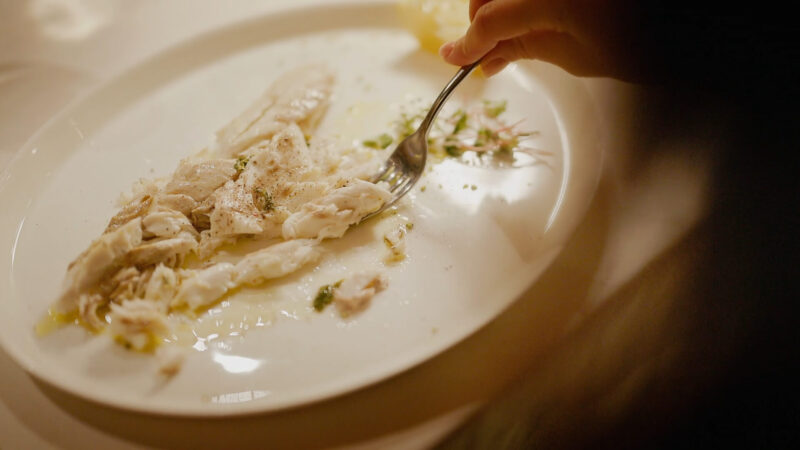
As your recovery progresses, it’s important to incorporate protein-rich foods into your diet. Protein is essential for tissue repair and the production of enzymes that support healing. Consuming sufficient protein helps your body rebuild muscle and connective tissue that may have been affected during surgery.
Importance of Protein in Recovery
- Wound Healing: Protein is crucial for the formation of collagen, a protein that helps heal wounds and rebuild tissues.
- Immune Support: Adequate protein intake supports your immune system, reducing the risk of post-surgery infections.
Recommended Protein-Rich Food
- Lean meats (chicken, turkey)
- Eggs
- Fish (such as salmon or tuna)
- Greek yogurt (low-fat and plain)
- Tofu or tempeh
- Legumes (lentils, beans)
Gradually Add Fiber to Your Diet
As your body continues to heal, it’s important to gradually add fiber to your diet. Fiber helps regulate your digestive system, especially as you begin to consume more solid foods. A gradual introduction of fiber can help prevent constipation, a common side effect of pain medications used post-surgery. However, too much fiber too quickly can cause bloating or discomfort, so it’s best to increase your intake slowly.
Benefits of Fiber for Recovery
- Prevents Constipation: Fiber promotes regular bowel movements, reducing the strain on your healing body.
- Supports Gut Health: Fiber acts as a prebiotic, feeding beneficial gut bacteria that are crucial for overall digestive health.
Recommended High-Fiber Food

- Whole grains (oats, whole wheat bread)
- Legumes (beans, lentils)
- Vegetables (broccoli, peas)
- Fruits with skins (apples, pears)
Focus on Food Rich in Vitamins and Minerals
Vitamins and minerals play a crucial role in your body’s recovery process after appendix surgery. Specific nutrients like vitamins A, C, and E, as well as zinc, are particularly important for wound healing, immune support, and overall recovery. Ensuring that your diet includes a variety of these nutrients will help speed up the healing process and reduce the risk of complications.
Key Nutrients for Healing
- Vitamin A: Supports tissue repair and immune function. Found in leafy greens, carrots, and sweet potatoes.
- Vitamin C: Essential for collagen production, which is vital for wound healing. Found in citrus fruits, bell peppers, and strawberries.
- Vitamin E: Acts as an antioxidant, protecting cells from damage during recovery. Found in nuts, seeds, and spinach.
- Zinc: Promotes healing by supporting cell growth and immune function. Found in meats, seafood, beans, and whole grains.
Recommended Foods Rich in Vitamins and Minerals
- Leafy greens (spinach, kale)
- Citrus fruits (oranges, lemons)
- Nuts and seeds (almonds, sunflower seeds)
- Lean meats (chicken, beef)
- Fish (salmon, mackerel)
Avoid Irritating Food and Beverages

During your recovery, it’s crucial to avoid foods and beverages that could irritate your digestive system or delay healing. Certain foods can cause inflammation, bloating, or discomfort, making it harder for your body to recover. It’s best to steer clear of these irritants to ensure a smooth and comfortable healing process.
Foods and Beverages to Avoid
- Spicy Foods: These can irritate the stomach lining and cause discomfort.
- Fatty and Fried Foods: Hard to digest, these foods can lead to bloating and slow down digestion.
- Caffeinated Beverages: Caffeine can irritate the digestive system and should be avoided in the early stages of recovery.
- Alcohol: Interferes with the healing process and can interact negatively with post-surgery medications.
Consider Probiotic-Rich Foods for Gut Health
Incorporating probiotic-rich foods into your diet can help restore and maintain a healthy balance of gut bacteria, which is especially important after surgery. Probiotics are live microorganisms that provide numerous health benefits, particularly for the digestive system. They can help prevent post-surgical complications like constipation, diarrhea, and bloating.
Benefits of Probiotics
- Supports Digestive Health: Probiotics help to maintain a healthy gut flora, which is essential for digestion and absorption of nutrients.
- Boosts Immune Function: A healthy gut microbiome plays a critical role in supporting your immune system, which is vital for recovery.
Recommended Probiotic Foods
- Yogurt: Choose plain, low-fat yogurt with live cultures.
- Kefir: A fermented milk drink that is rich in probiotics.
- Sauerkraut: Fermented cabbage that provides a good source of probiotics.
- Kimchi: A spicy fermented vegetable dish, common in Korean cuisine, also rich in probiotics.
FAQs
How Long Should I Wait Before Resuming Normal Activities?
It typically takes one to three weeks to recover from a laparoscopic appendectomy and up to six weeks for an open appendectomy. However, the timeline can vary based on individual recovery rates. Your doctor will guide you on when it’s safe to resume normal activities, including exercise and work. Always listen to your body and avoid strenuous activities until you feel fully recovered.
Can I Take Supplements to Speed Up Recovery?
Yes, certain supplements can support recovery, but it’s crucial to consult with your healthcare provider before starting any new supplements. Common supplements that may be recommended include vitamin C for wound healing, zinc for immune support, and probiotics for digestive health. Your doctor can provide personalized advice based on your specific needs.
When Can I Start Eating Solid Foods Again?
You can typically start introducing solid foods into your diet once you tolerate clear liquids and soft, bland foods without any issues. This usually happens within the first few days after surgery. Start with easily digestible solids like plain toast or mashed potatoes and gradually increase the variety as your tolerance improves.
Is It Normal to Experience Digestive Issues After Surgery?
Yes, digestive issues like bloating, gas, constipation, or diarrhea are common after appendix surgery due to the effects of anesthesia, medications, and changes in diet. These symptoms should gradually improve as your body heals. Staying hydrated, consuming high-fiber foods, and introducing probiotics can help manage these issues.
Can I Eat Dairy Products During Recovery?
Yes, dairy products like yogurt can be beneficial during recovery, especially those rich in probiotics, which support gut health. However, if you experience any discomfort or lactose intolerance symptoms, consider low-lactose options or consult with your healthcare provider to determine the best approach.
Last Words
A successful recovery after appendix surgery hinges on making smart dietary choices that support healing. Starting with gentle, easy-to-digest options and gradually reintroducing more substantial foods allows your body to heal effectively. Staying hydrated and listening to your body’s needs are also key components in this process.
Related Posts:
- What to Eat and What Not- After Appendix Removal Surgery
- How Much Does Medicare Pay For Outpatient Surgery:…
- How Much Does Aflac Pay for Outpatient Surgery: Find Out!
- What is Ambulatory Surgery? - Everything You Need to Know
- Weight Loss After Gallbladder Removal Surgery –…
- Which Is Better - Laparoscopic or Robotic Surgery?
